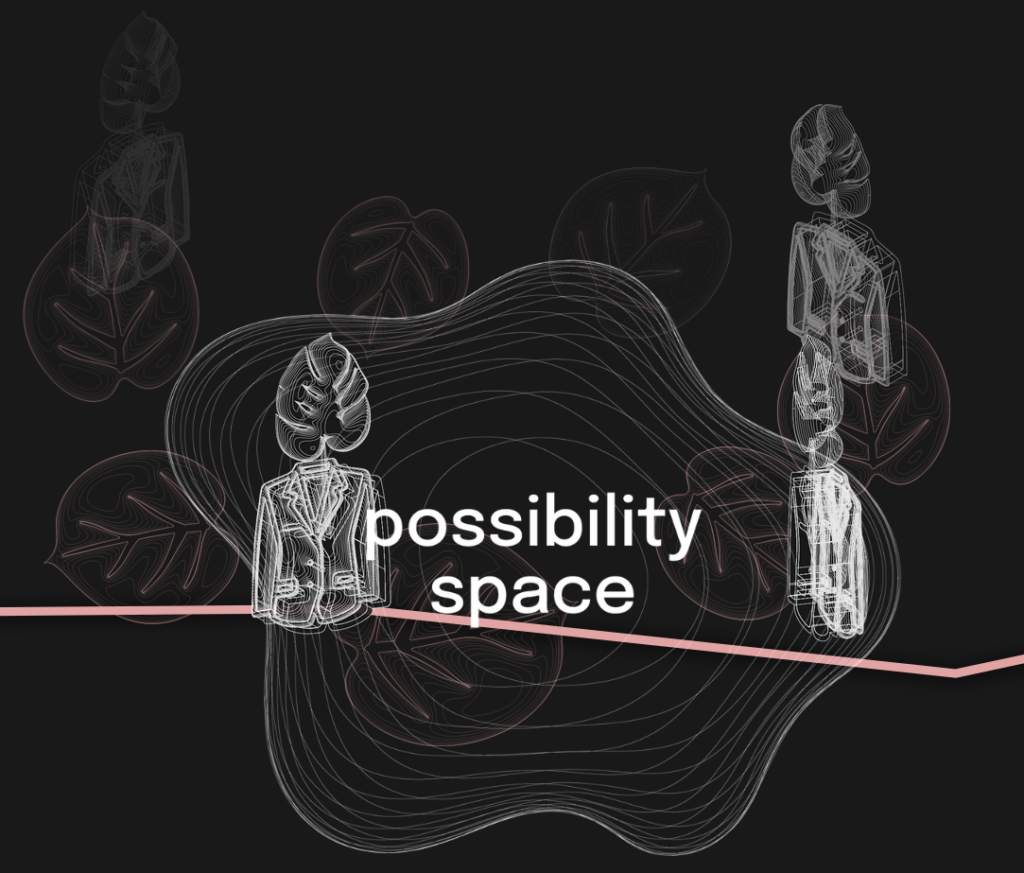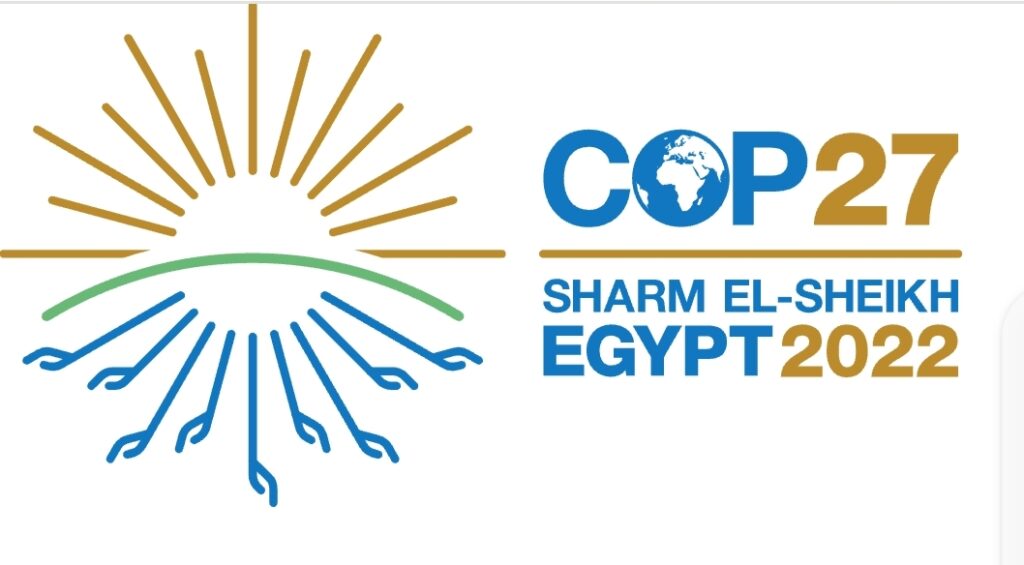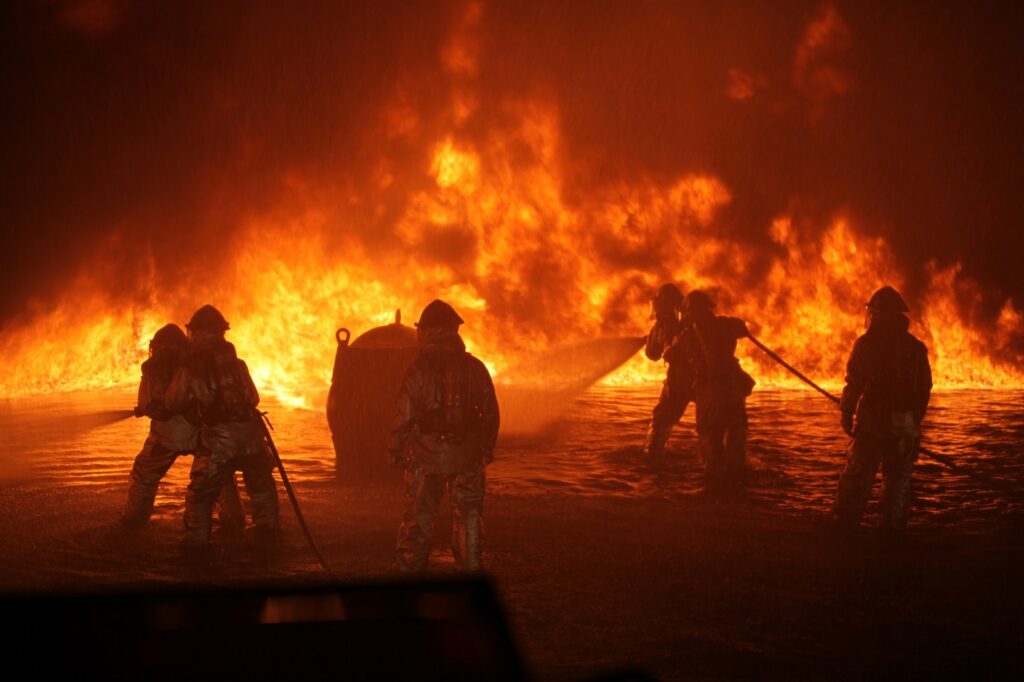Rezension: “Klimaschutz ist Menschenschutz” – Wirksame Medizin gegen Ratlosigkeit in Klimafragen

“Man wird Dinge niemals verändern, wenn man gegen die existierende Realität ankämpft.“ So beginnt ein Zitat von Buckminster Fuller, einem US-amerikanischen Architekten und Philosophen. Das vollständige Zitat steht aber auch am Anfang des Buches ‘Klimaschutz ist Menschenschutz’ vom Journalisten und Kommunikationsexperten Michael Adler, das 2022 im Verlag oekom erschienen ist. Und Fullers Aussage trifft den […]
Can Art Make (Climate) Models Better?

How do we think about climate futures ahead of us? Different actors tend to use different tools for that. The stream of weather catastrophes in the news media suggests a rather gloomy future. Some recent novels try to paint a more optimistic picture of the decades ahead (see our post on this). International climate politics, […]
Rezension: “Über Klima sprechen – Das Handbuch”

Warum schaffen wir es nicht, über die Klimakrise und mögliche Lösungen zu sprechen, wenn die Fakten doch so klar auf dem Tisch liegen? Christoph Schrader zeigt in seinem Buch “Über Klima sprechen. Das Handbuch” die Vielschichtigkeit und Multidirektionalität der Kommunikation auf und hilft den Leser:innen zu verstehen, wie eine erfolgreiche Klimakommunikation funktionieren kann. Das zunächst […]
Rezension: “Sprache der Zuversicht” – Eine andere Welt ist möglich

Ulrich Grober möchte mit seinem neuen Buch “Sprache der Zuversicht” der Resignation der aktuellen krisenhaften Zeiten die Stirn bieten. Zu diesem Zweck begibt er sich auf eine akribische Recherche nach Wortherkünften und ursprünglichen Begriffsbedeutungen. Er zeigt, wie wir sprachliche Tools einsetzen können, um an der Konstruktion einer besseren Welt mitzuwirken. Another World Is Possible – […]
Does an AI Dream of the Climate Crisis? – A conversation with ChatGPT

So-called “large language models” — machine learning systems trained on vast amounts of text written by humans — become better and better and are set to take over a wide array of tasks. As researchers, this development is both exciting and worrying, as it will likely have large impacts on knowledge production, teaching, and how […]
Rezension: “Medien in der Klima-Krise”

In dem von KLIMA° vor acht herausgegebenen Sammelband „Medien in der Klima-Krise“ beschäftigen sich Expert_innen aus den Bereichen Klima- und Kommunikationsforschung mit dem Zustand, den Problemen und mit Möglichkeiten zur Verbesserung der Berichterstattung über die Klimakrise. In dem Buch ist wichtiges Wissen versammelt, das Medienschaffende zum Umdenken bewegen kann. Leider tappen viele Beiträge in die […]
Anders über ökologische Krisen reden und berichten – Veranstaltung & Rezensions-Reihe

In einer neuen Post-Reihe stellen wir Bücher vor, die den Klima- und Nachhaltigkeitsdiskurs kritisch beleuchten: Wie können wir anders über ökologische Krisen reden und berichten? Zu dieser Frage findet am Donnerstag, 15. Dezember um 10.15 – 11.45 Uhr eine Online-Paneldiskussion mit den Autoren Christopher Schrader und Michael Adler und Ulrich Grober statt – offen universitätsintern […]
Including Public Voices in Scientific Research – Challenges, Prospects, and Pathways

There is a growing demand for public engagement with science. However, many scientists lack training and experience in this form of science communication. Find out more about how and why public engagement may benefit you and your research. In his book ‘The Engaged Scholar – Expanding the Impact of Academic Research in Today’s World’ (2021, […]
What Can We Expect From COP27?

As every year, November will be another high season for international climate politics – with the 27th Conference of the Parties – the COP27 – starting next week. From November 7 to 18, delegates of all nations from the UNFCC will gather in Sharm El Sheikh, Egypt, to discuss how to proceed with international climate […]
Climate Endgame – How to Research and Communicate Extreme Climate Risks?

“Are we screwed?”, “How bad is it gonna get?” – these are the questions that I most frequently get when I mention that I am in climate science. Newspaper coverage of a recent perspective article in PNAS seemed to suggest that we are actually headed towards a global catastrophe with potential extinction and that we […]
